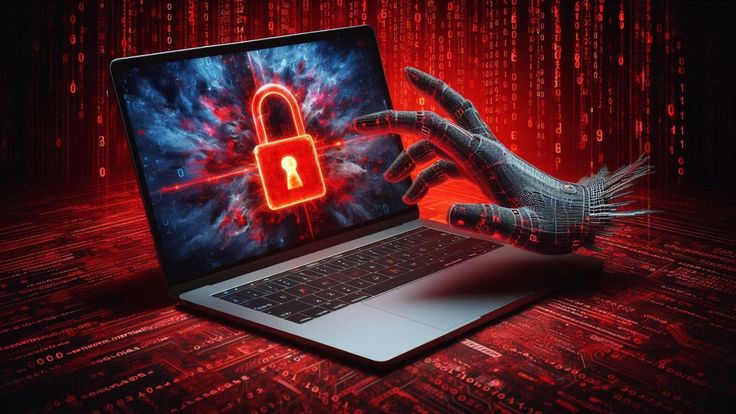In our increasingly connected world, every click, every search, and every online interaction leaves a digital trail. This “digital footprint” can reveal a surprising amount about you, making your online privacy and security paramount. One of the most effective tools in your arsenal for protecting this footprint is a Virtual Private Network (VPN). At its core, a VPN creates a secure, encrypted “tunnel” between your device (computer, phone, tablet) and the internet. Instead of directly connecting to a website or service, your traffic first goes through the VPN server.
-
All data traveling through the VPN tunnel is scrambled, making it unreadable to anyone who might intercept it. Think of it like sending a secret message in a coded language that only your VPN server and the destination understand.
Your actual IP address (your device’s unique identifier on the internet) is hidden. Websites and online services will only see the IP address of the VPN server, which can be located anywhere in the world. This significantly enhances your anonymity.
Ever used free Wi-Fi at a coffee shop or airport? These networks are notorious for being unsecured, making it easy for cybercriminals to snoop on your activity. A VPN encrypts your traffic, making public Wi-Fi as safe as your home network for sensitive tasks like online banking.

Your Internet Service Provider (ISP) can see every website you visit. While they might not sell your individual browsing history, they can collect aggregated data. A VPN prevents your ISP (and other third parties) from monitoring your online activity, significantly boosting your privacy.
Because a VPN masks your IP address and makes it appear as if you’re browsing from the VPN server’s location, you can often access content or services that are geographically restricted in your actual location. This is great for streaming content or accessing region-specific news.
In regions with strict internet censorship, a VPN can help you bypass firewalls and access the open internet, ensuring freedom of information.
Some online retailers and travel sites adjust prices based on your location. By changing your virtual location with a VPN, you might be able to find better deal.
VPN isn’t a magic bullet for all cybersecurity threats, but it’s an indispensable layer of defense for your online privacy and security. By encrypting your data and masking your IP address, a VPN empowers you to take control of your digital footprint, browse more securely, and enjoy greater freedom online. Make it a fundamental part of your cybersecurity toolkit today!
Zero Trust is a security framework centered on one core principle: “Never trust, always verify.” It assumes that a breach is either imminent or has already occurred. Therefore, no user, device, or application—inside or outside the traditional network perimeter—is automatically granted access to resources. Access is granted only after rigorous verification and is limited only to what is absolutely necessary.


ZTA assumes compromise is inevitable and requires continuous verification for every user, device, and application, regardless of location. It achieves this by enforcing strong Identity Verification (using MFA), segmenting the network into small, isolated zones (Micro-segmentation) to prevent the spread of breaches, and granting only the bare minimum access required (Least Privilege Access). Adopting ZTA is no longer just a technical upgrade; it’s a strategic move that enhances breach prevention, simplifies security for remote work and cloud environments, and ensures your defenses are robust, resilient, and ready for the future.
